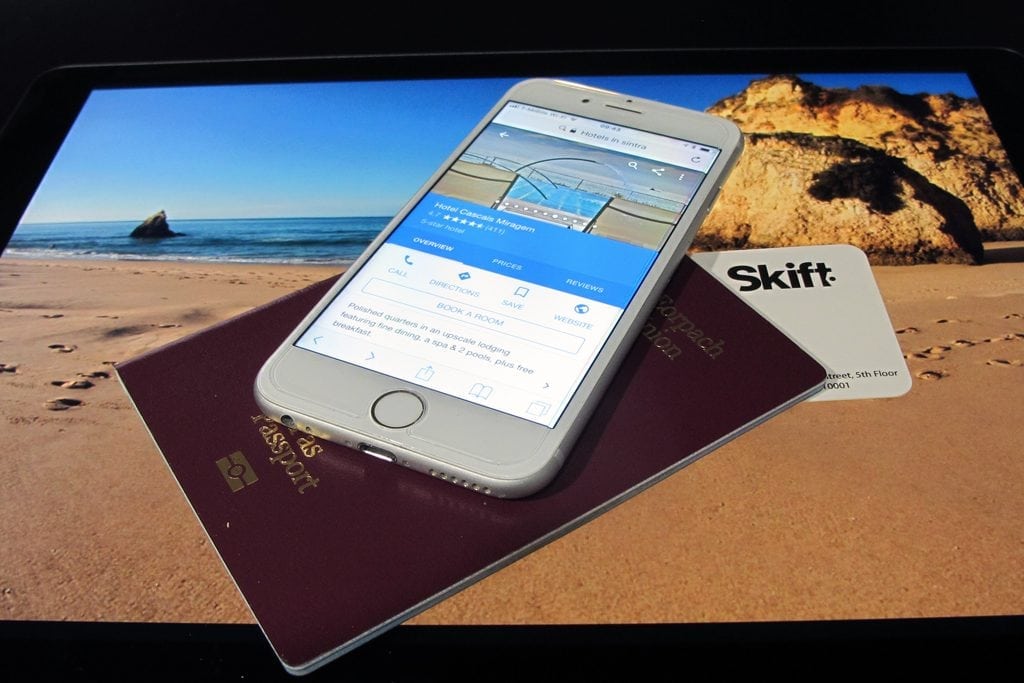German vacation rental marketplace HomeToGo’s revenue grew to €146 million ($155 million) in 2022, up 54 percent from the comparable period in 2021. This is well ahead of its initial guidance of €120-125 million ($127-$132 million) for 2022. The announcement is part of the company’s preliminary results for 2022.
During the same period, the Berlin-based company’s subscriptions and services grew to €24 million ($25.4 million) increasing by 169 percent from €9 million ($9.5 million) in 2021. Its onsite revenues, where travelers booked directly on the company’s websites, grew to €67 million ($71 million), up by 111 percent from €32 million ($34 million) from 2021.
Founded in 2014, HomeToGo currently operates localized apps and websites in 25 countries.
In January this year, the company said it was on track to break even in 2023, buoyed by the optimism of a much greater backlog of bookings at the beginning of 2023 than the previous year. The booking backlog of €32.5 million ($34.5 million) amounted to a 72 percent year-over-year increase.
“One key piece of this has been our clear focus on an efficient marketing strategy to drive and scale repeat demand,” HomeToGo CFO Steffen Schneider told Skift in January.
HomeToGo raised a total of $176 million in private funding over six rounds, and has acquired 10 companies, a prominent one being e-domizil for $45 million in March 2022.


